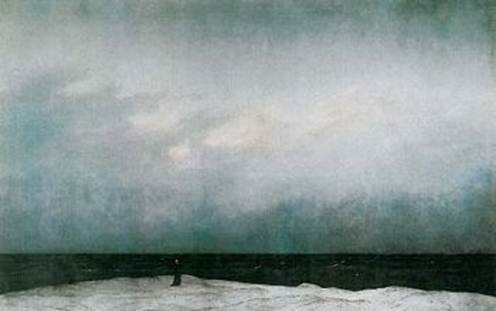Scars of exile in the Milton Hatoum's fiction
DOI:
https://doi.org/10.48075/rlhm.v11i18.12736Keywords:
Dois irmãos, bastardia, viagem, exílio.Abstract
Based on the book Romance of origins, origins of the novel, written by Marthe Robert, this work analyzes, in a first time, Two brothers, by Milton Hatoum, as a family romance, taking into account their cultural context in order to understand how the family conflicts that permeate the narrative contributed, directly or indirectly, for the foromation of Yaqub character, specifically with regard to its bastard condition. Therefore, it’s proposed to reconsider the definition of bastard, seeking to understand it as an existential condition that, in the case of Yaqub, characterized suffered as a result of exiled. Then, suggests understand the travel as a curse when it takes on a punitive character. For this, it’s based on the book Theory of Travel: poetic geography, written by Michel Onfray, where the biblical story of Cain and Abel is an inspiration for the author to theorize what he calls the genesis of wandering, which comes to be an "inherited" curse of Cain and that presupposes the perception of the punitive nature of the trip. The idea developed by Onfray contributes to a broader analysis of Yaqub who was cursed by exile, like Cain, and also carried a mark on the body that served as a memorial of hatred between brothers. This work is not only the pursuit of membership and social acceptance, but also of concern regarding the very origin, the loss of references, loneliness, pain and by uprooting the sense of orphanhood often in exile.
Downloads
Published
How to Cite
Issue
Section
License
Aviso de Direito Autoral Creative Commons
Política para Periódicos de Acesso Livre
Autores que publicam nesta revista concordam com os seguintes termos:
1. Autores mantém os direitos autorais e concedem à revista o direito de primeira publicação, com o trabalho simultaneamente licenciado sob a Licença Creative Commons Attribution que permite o compartilhamento do trabalho com reconhecimento da autoria e publicação inicial nesta revista.2. Autores têm autorização para assumir contratos adicionais separadamente, para distribuição não-exclusiva da versão do trabalho publicada nesta revista (ex.: publicar em repositório institucional ou como capítulo de livro), com reconhecimento de autoria e publicação inicial nesta revista.
3. Autores têm permissão e são estimulados a publicar e distribuir seu trabalho online (ex.: em repositórios institucionais ou na sua página pessoal) a qualquer ponto antes ou durante o processo editorial, já que isso pode gerar alterações produtivas, bem como aumentar o impacto e a citação do trabalho publicado (Veja O Efeito do Acesso Livre).
Licença Creative Commons
Esta obra está licenciada com uma Licença Creative Commons Atribuição-NãoComercial-CompartilhaIgual 4.0 Internacional, o que permite compartilhar, copiar, distribuir, exibir, reproduzir, a totalidade ou partes desde que não tenha objetivo comercial e sejam citados os autores e a fonte.


